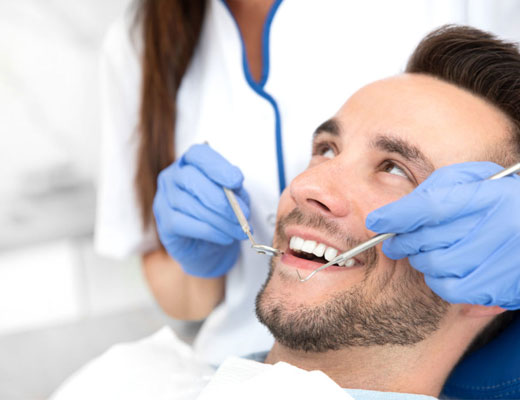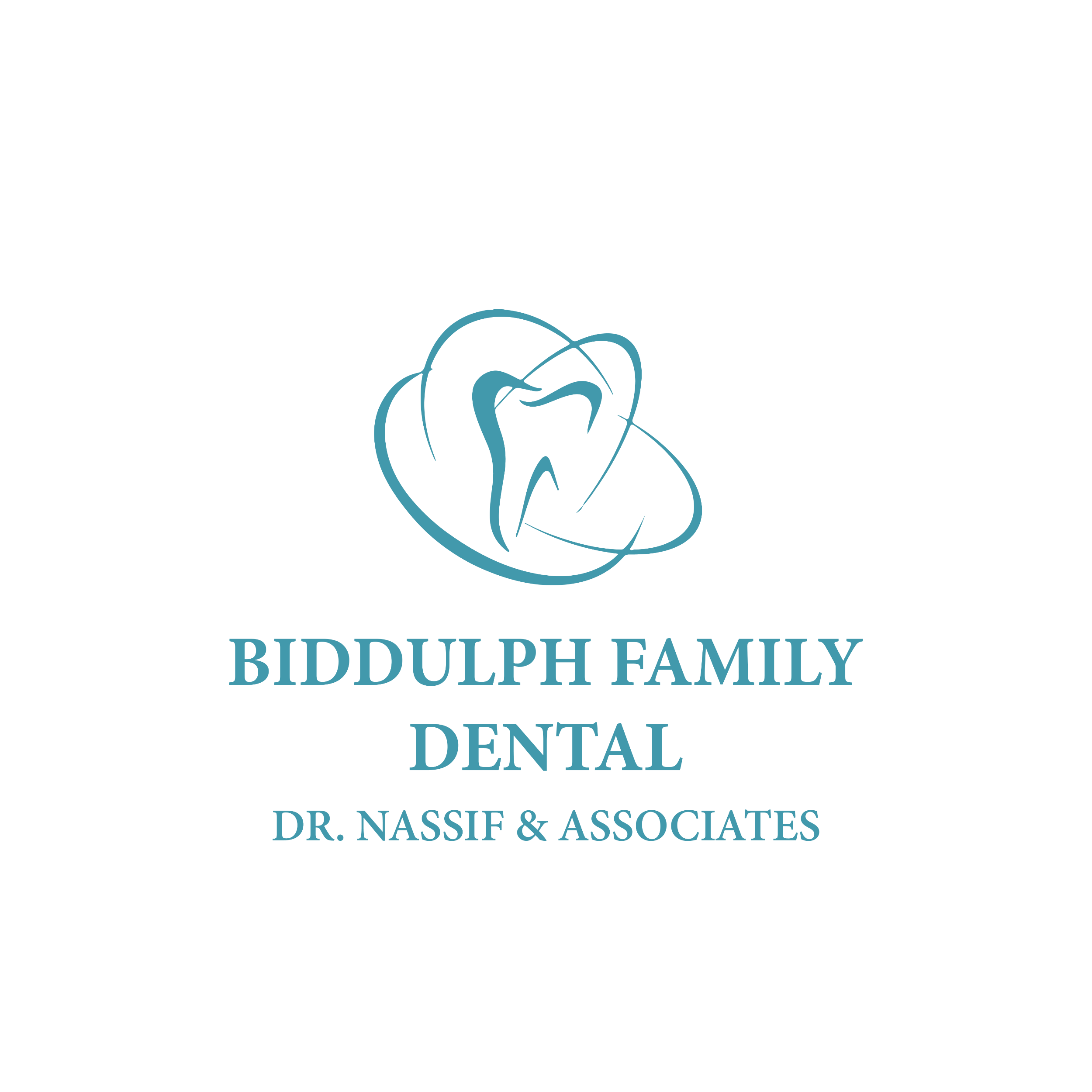Extractions
 Most people aim to keep their natural teeth as long as possible. Sometimes, it may be the only way to relieve severe pain, prevent the spread of infection, or maintain overall oral health. However, there are times when tooth extractions become necessary. If you are experiencing tooth pain or have been advised by your dentist that you need an extraction, it’s critical to understand the procedure and what to expect.
Most people aim to keep their natural teeth as long as possible. Sometimes, it may be the only way to relieve severe pain, prevent the spread of infection, or maintain overall oral health. However, there are times when tooth extractions become necessary. If you are experiencing tooth pain or have been advised by your dentist that you need an extraction, it’s critical to understand the procedure and what to expect.
The skilled team at Biddulph Family Dental of Brooklyn, OH, proudly serves the local community with premium dental care services, turning even the most uncomfortable and feared procedures into a regular solution that can be done quickly and efficiently.
When are Extractions Necessary?
Extractions are typically a last resort, but there are several situations where they may be necessary:
Severe decay
Tooth decay can sometimes be so extensive that it cannot be treated with a filling, crown, or other restoration. In these cases, extraction may be necessary to prevent the spread of infection.
Crowding
If you have crowded teeth, your dentist may recommend extraction to make room for braces or other orthodontic treatments.
Periodontal disease
Gum disease can cause tooth loss when it reaches the advanced stages. In some cases, extraction may be necessary to prevent further damage to the surrounding teeth and gums.
Impacted wisdom teeth
Wisdom teeth can become impacted, meaning they cannot fully emerge from the gums. This can cause pain, infection, or damage to surrounding teeth and may require extraction.
Infection
If a tooth has become infected and cannot be treated with a root canal or antibiotics, extraction may be necessary to prevent the spread of infection.
What to Expect During the Extraction Procedure
Before the extraction procedure, your dentist will numb the area around the tooth with a local anesthetic to minimize pain and discomfort. If you are anxious about the procedure, your dentist may offer a sedative to help you relax.
We will use specialized tools to loosen and gently remove the tooth from the socket during the procedure. Sometimes, the tooth may need to be cut into smaller pieces for easier removal. After the tooth is extracted, your dentist may place stitches to help the gum tissue heal.
Recovery After Extraction
After the extraction, following your dentist’s instructions for postoperative care is important. This may include:
- Resting for the first 24 hours and avoiding physical activity
- Applying an ice pack to the affected area to reduce swelling
- Taking over-the-counter pain medication or prescription pain medication as prescribed by your dentist
- Avoiding smoking or using straws for at least 24 hours after the procedure
- Eating soft foods and avoiding hard or crunchy foods for a few days after the extraction
It’s also important to clean the extraction site by gently brushing and flossing around the area. We recommend a salt water rinse to help reduce swelling and promote healing.
Your Partner in Dental Health Excellence
Tooth extractions may seem daunting, but they are often necessary to prevent further damage to oral health. If you are experiencing tooth pain or have been advised by your dentist that you need an extraction, it’s important to understand the procedure and what to expect. Following the instructions for postoperative care can help ensure a smooth and speedy recovery.
During your next consultation with the lively team at Biddulph Family Dental of Brooklyn, OH, you can be sure you receive the appropriate care and guidance you and your loved ones deserve.




